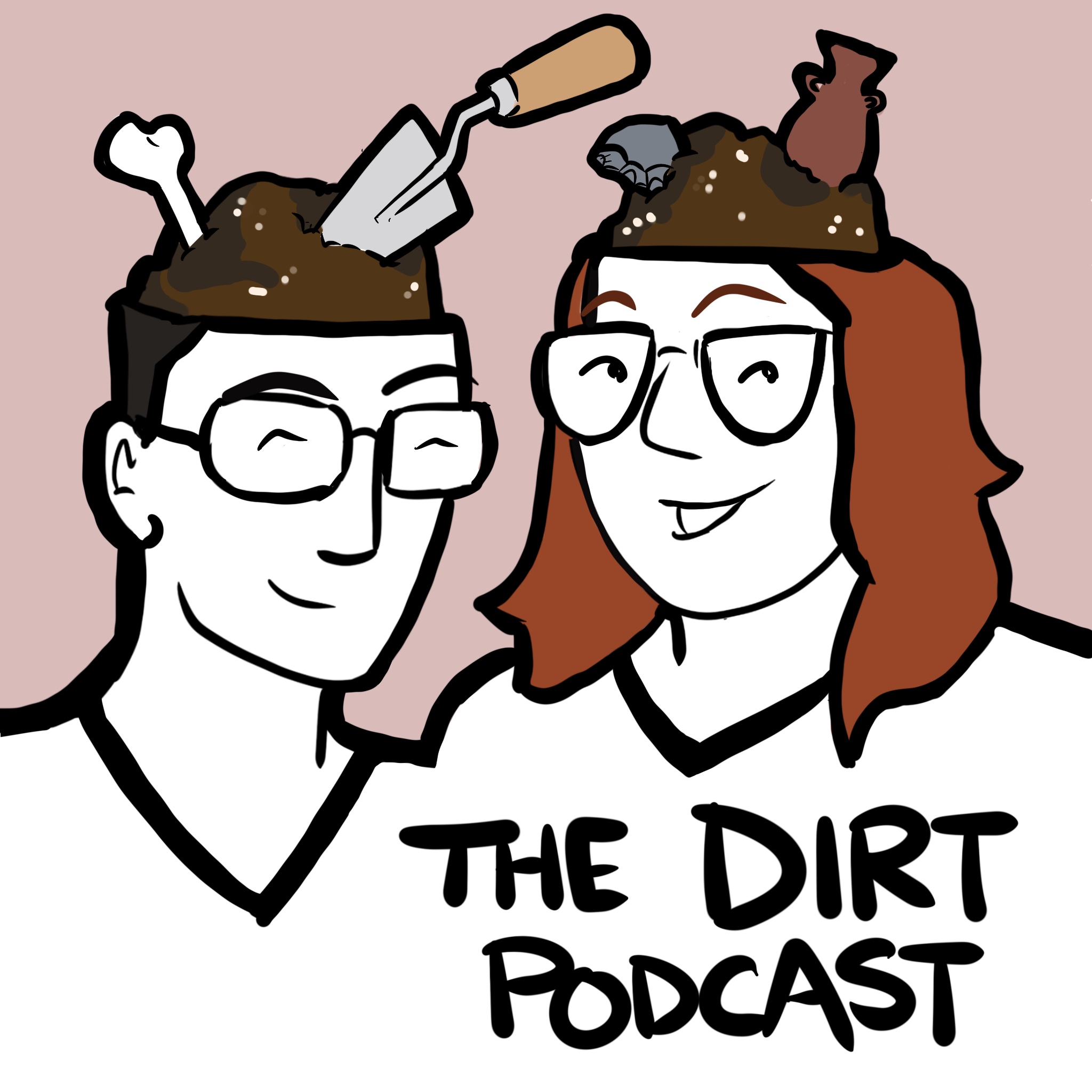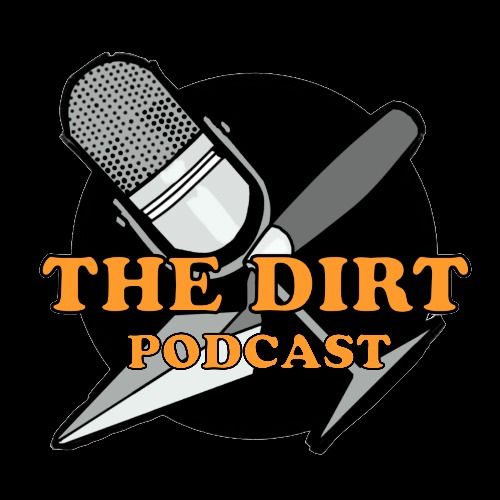Episode 59
Fun-A with Fauna - Ep 59
Anna and Amber talk about animal bones and what you can learn from them about domestication! Learn about how selective breeding affects animals' bodies (and also learn that Amber is very afraid of pigs). We also take a detour into Spookytown with some bizarre Iron age animal burials, and top it off with a lovely story about a kitten.
LinksTop Signs of Animal Domestication (ThoughtCo)Early Date for Horse Domestication in Kazakhstan (Current World Archaeology)The boneyard of the bizarre that rewrites our Celtic past to include hybrid-animal monster myths (The Independent)Ritual and Burial: The Strange and Elaborate Ways Humans Prepared Animals for the Afterlife (Ancient Origins)Ancient bobcat buried like a human being (Science)ContactEmail the Dirt Podcast

